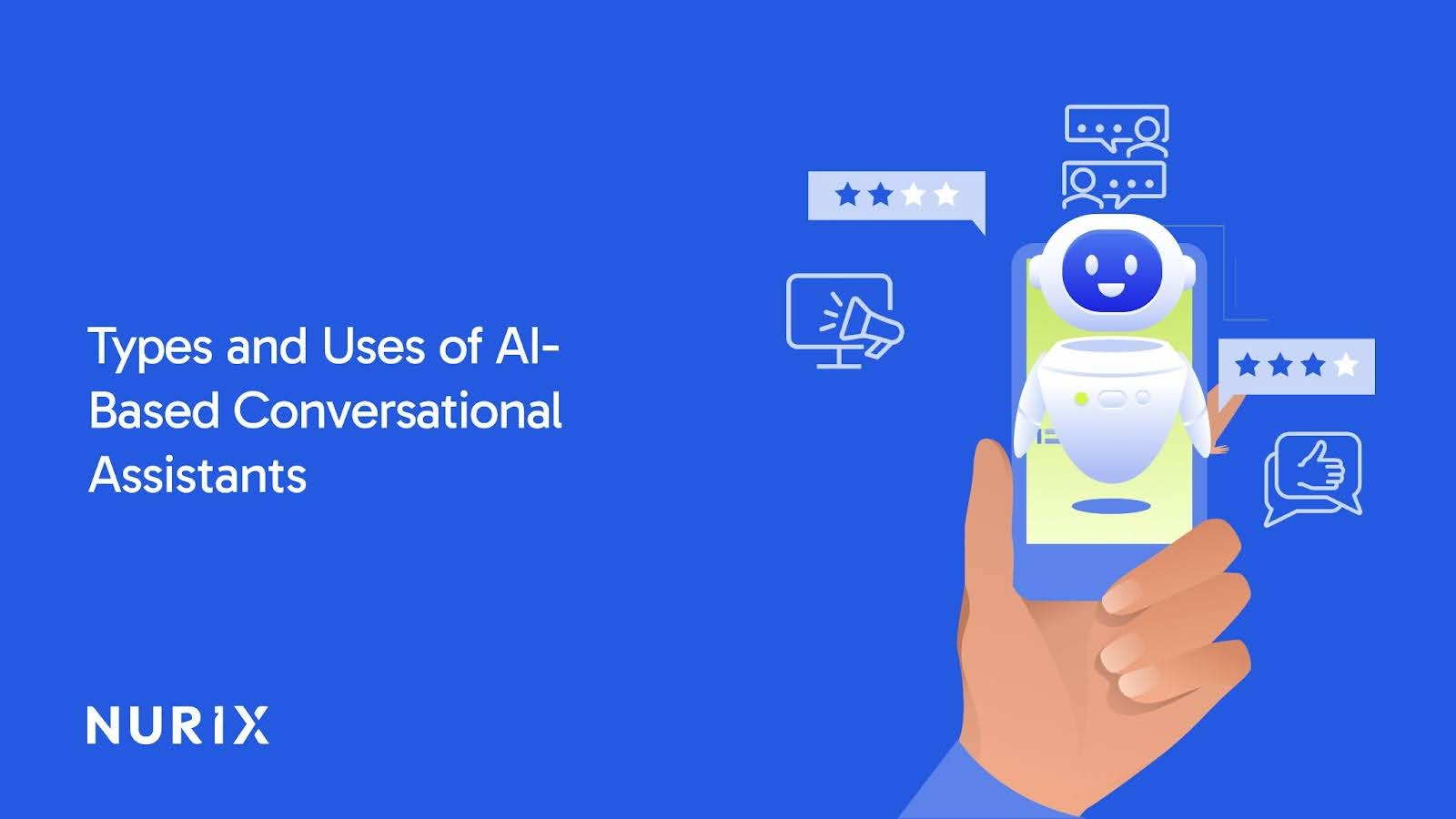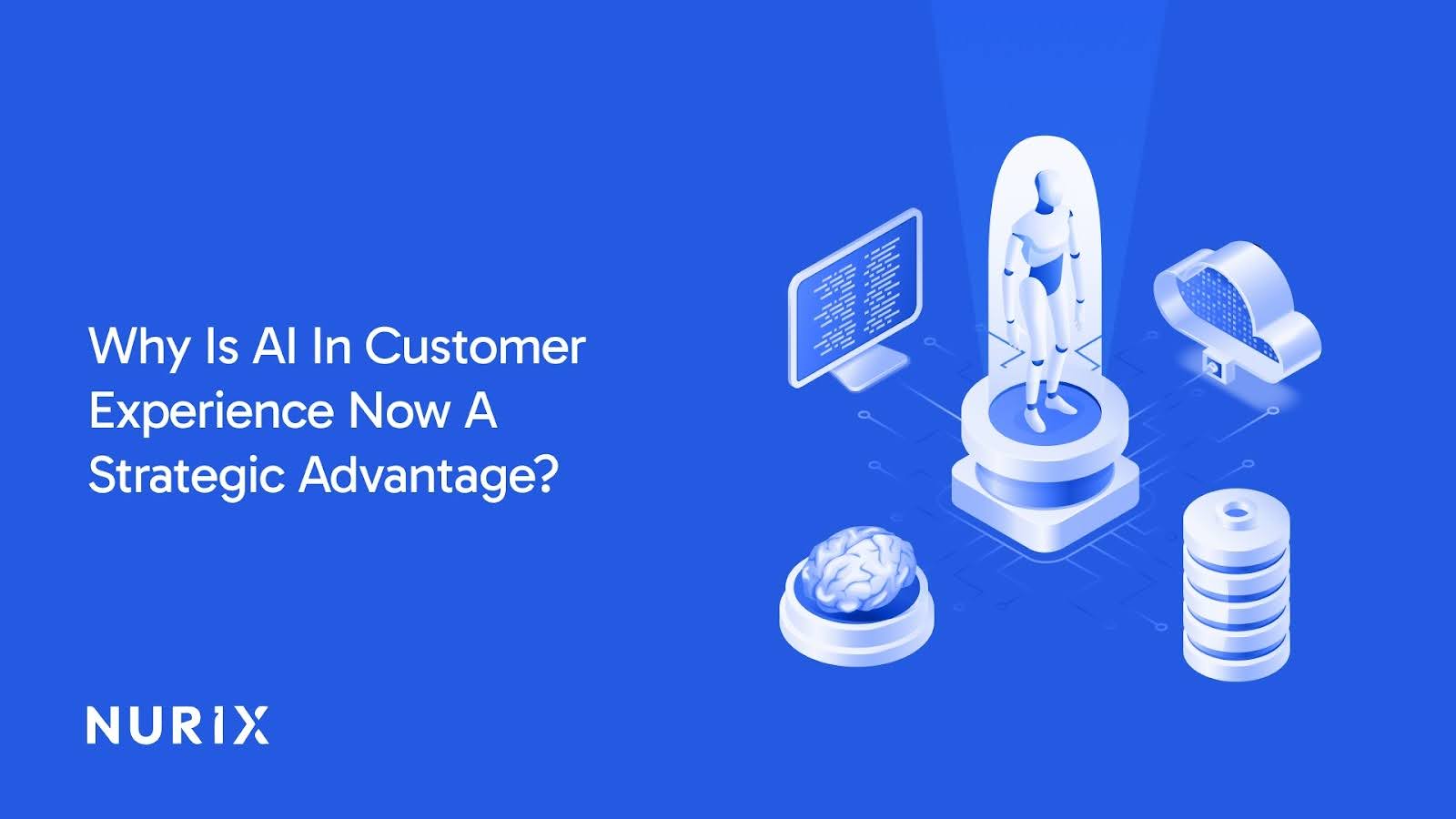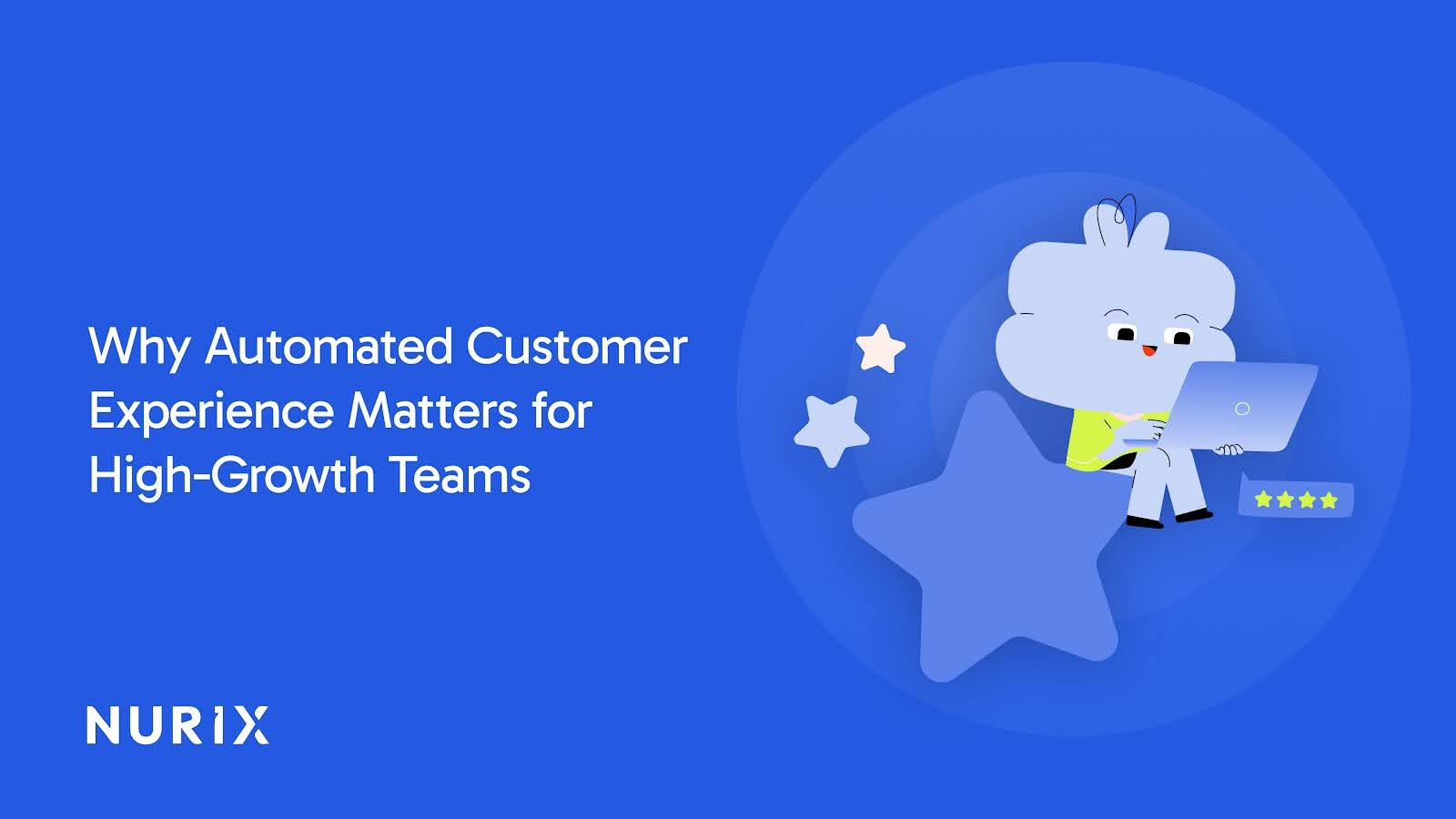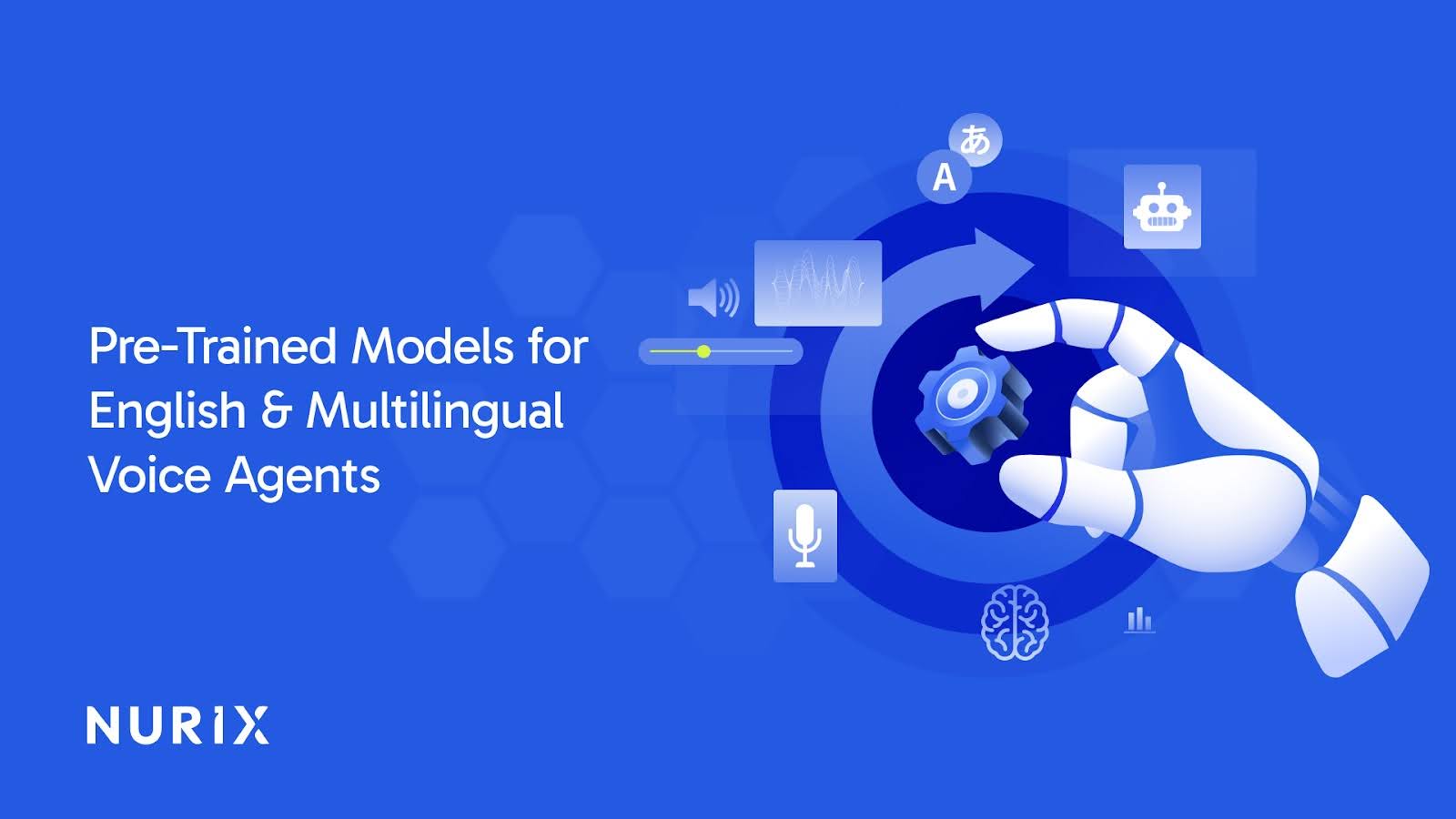In the current business domain, enterprises face pressure to provide personalized customer interactions while managing increasingly complex workflows. For many, the challenge lies in maintaining efficiency without sacrificing the quality of customer service. Enter AI-based conversational assistants.
Over 50% of organizations are already investing in conversational AI for their contact centers, and an additional 40% plan to adopt it soon.
This blog explores the various types of AI-based conversational assistants. We’ll explore how these intelligent solutions can transform your customer service, improve business agility, and drive better decision-making.
Key Takeaways
- Conversational AI Enhances Customer Interactions: Automating responses helps AI-powered assistants provide faster, personalized customer service, available 24/7 across multiple channels.
- Types of Conversational Assistants: AI-based assistants come in many forms, including chatbots, voice assistants, IVR systems, and virtual customer assistants, each designed to address specific business needs.
- AI Improves Operational Efficiency: Conversational AI streamlines processes, reduces wait times, and handles routine inquiries, freeing up human teams for more complex tasks.
- Real-Time Insights for Smarter Decisions: AI platforms like NuPlay offer real-time analytics, giving businesses actionable insights into customer sentiment and enabling informed decision-making.
- Scalability and Reliability: AI-based assistants, such as NuPlay, are designed to scale seamlessly, handling high volumes of customer interactions without compromising service quality.
What is Conversational AI?
Conversational AI is a technology that enables machines to comprehend and participate in natural, human-like conversations. Conversational AI processes language in real-time, providing relevant and trustworthy responses.
Integrating with customer relationship management (CRM) systems helps conversational AI understand context, recall previous interactions, and take autonomous actions. This makes it a solid tool for enhancing operational efficiency and customer service quality.
Understanding what conversational AI is sets the stage for seeing how it functions in real-world applications.
How Does Conversational AI Work?
Conversational AI combines machine learning (ML) and natural language processing (NLP) to understand and respond to user queries in a human-like manner.
Here’s a breakdown of how conversational AI functions:
- Training with Data: The AI is first trained on vast datasets, helping it recognize words, phrases, and patterns within conversations.
- Understanding User Input: When a user sends a message or voice command, NLP helps the AI interpret the meaning behind the words.
- Generating Responses: Once the AI understands the query, it utilizes natural language generation (NLG) to create a relevant and coherent response that aligns with the conversation context.
- Learning and Improving: After each interaction, the AI gathers feedback from the conversation. It then uses machine learning to refine future responses, making the system smarter over time.
Real-life Example:
When a customer asks to update their shipping address, the AI:
- Converts the request into machine-readable text.
- Processes it using NLP to understand the intent.
- Analyzes the data and sends a confirmation once the change is made.
This process enables conversational AI to handle a wide range of tasks with increasing accuracy, transforming customer interactions into seamless and efficient experiences.
Here’s a video that may interest you: Evaluating AI Solutions for Your Business
Now that we’ve outlined how it works, it’s helpful to look at the key components that make these intelligent interactions possible.
Core Components of Conversational AI
Conversational AI combines large and specialized language models to provide smarter, autonomous conversations. Here are some key components:
1. Natural Language Processing (NLP)
NLP enables AI to understand and respond to human language. It involves:
- Tokenization: Breaking down text into smaller units for better understanding.
- Sentiment Analysis: Identifying emotions to tailor responses.
- Natural Language Generation (NLG): Crafting human-like replies.
NLP can distinguish subtle differences, like between "returning an order" and "when the order will be back in stock," ensuring accurate, context-aware responses.
2. Machine Learning (ML)
Machine learning lets conversational AI continuously improve. It learns from data, identifying patterns and adapting responses based on:
- Previous conversations.
- Real-time feedback.
This enables AI to personalize interactions, predict needs, and escalate issues when needed, ensuring seamless handoffs to human agents.
3. Multimodal Interaction
Some AI systems use text, voice, and visual elements together to enhance the user experience. This is particularly useful for applications such as virtual shopping or technical support, where visuals enhance clarity.
4. Personalization
AI assistants can access user preferences to offer:
- Tailored recommendations.
- Event reminders.
- Contextual, relevant responses.
Learning from past interactions helps AI create a personalized experience, making conversations efficient and satisfying.
Also Read: Using Machine Learning and AI in Customer Service Support
With the building blocks in mind, it’s easier to see the different forms these AI assistants can take. Let’s explore this in detail.
Types of Conversational AI Assistants
Conversational AI assistants come in various forms, each tailored to address specific needs in customer service, sales, and daily tasks. Here's a breakdown of the most common types:
1. AI Chatbots
AI chatbots are text-based assistants that communicate via messaging platforms, websites, or apps. They handle a variety of tasks, including answering FAQs, processing orders, and providing customer support.
2. Voice Assistants
Voice assistants, such as Amazon's Alexa, Apple's Siri, and Google Assistant, engage with users through spoken language. They offer hands-free functionality, allowing users to set reminders, control smart devices, and get instant information.
3. Interactive Voice Response (IVR) Systems
IVR systems guide phone interactions by presenting users with a series of voice prompts. Common in customer service, these systems route calls, provide information, and collect data.
With advancements in AI, modern IVR systems can now understand natural language, offering personalized and intuitive responses.
4. Virtual Customer Assistants (VCAs)
Virtual Customer Assistants handle complex queries, personalize interactions based on user data, and escalate issues to human agents when necessary.
Each of these conversational AI types serves a specific purpose, helping businesses automate processes, enhance user experience, and streamline operations.
Also Read: The Evolution of Voice AI, From IVRs to Intelligent Agents
Knowing the types of assistants helps highlight the advantages they bring to organizations of all sizes.
Key Benefits of Conversational AI for Businesses
Increasingly, businesses are adopting conversational AI to boost customer satisfaction and operational efficiency. Here’s how conversational AI is transforming industries:
- Round-the-Clock Availability: Conversational AI operates 24/7, ensuring immediate responses and consistent service quality, regardless of time zones or customer volume.
- Enhanced Efficiency: By automating routine tasks, AI frees up human teams to focus on strategic and complex work, resulting in significant time savings on repetitive inquiries.
- Personalized Customer Interactions: AI integrates with CRM systems to utilize customer data, delivering tailored experiences at scale. This ensures that even thousands of customers receive individualized service.
- Valuable Data Insights: Each conversation with AI generates key data about customer needs and preferences. These insights enable businesses to identify patterns, optimize their processes, and make informed decisions.
- Cost Savings with High-Quality Service: Automating routine tasks reduces operational costs, while maintaining or even improving service quality.
- Global Reach with Multilingual Capabilities: Conversational AI supports multiple languages, allowing businesses to engage customers across different regions without needing large, language-specific teams.
This blend of efficiency, cost savings, and personalized service makes conversational AI a crucial tool for businesses aiming to stay competitive in a constantly advancing domain.
Next, let’s learn how businesses are applying conversational AI in specific, practical ways.
Conversational AI Agent Use Cases
Conversational AI is enhancing the way businesses operate, improving workflows across departments. Here’s how organizations are integrating virtual agents to enhance operations.
1. Sales Automation
AI is changing how sales teams prospect and close deals. AI tools autonomously engage prospects, qualify leads, and streamline outreach, offering:
- Automated lead engagement through email, SMS, and social channels.
- Real-time meeting scheduling and seamless qualification.
- Guidance on deal progression and next steps.
- Instant creation of sales materials and proposals.
2. Enhanced Customer Service
With omnichannel capabilities, AI agents handle complex queries across multiple touchpoints, allowing employees to focus on cases that require more empathy. Key features include:
- 24/7 multilingual support across web, mobile, and messaging.
- Proactive issue detection based on customer behavior.
- Automated routing and prioritization for quicker responses.
- Personalized self-service for efficient support.
3. Marketing Personalization
AI in marketing helps teams create personalized campaigns by analyzing customer data and automating content optimization. Benefits include:
- Real-time campaign adjustments based on performance.
- Tailored content recommendations for different user segments.
- Automated email response management.
- Social media engagement and monitoring.
4. E-commerce Support
AI helps customers through their shopping experience, acting as a personalized guide and boosting conversion rates. This includes:
- Custom product recommendations based on browsing.
- Real-time updates on inventory and product availability.
- Order tracking and status updates.
- Interactive buying guides to help in decision-making.
5. Developer Operations
Conversational AI improves the development process by offering tools that boost productivity and maintain quality. Key use cases include:
- Assisting with code reviews and optimizations.
- Providing documentation and best practice recommendations.
- Detecting bugs and offering troubleshooting solutions.
- Simplifying development environment setup.
6. Finance & Revenue Operations
In the financial sector, AI streamlines processes, ensuring security and compliance while automating key functions such as:
- Fraud detection and prevention in real-time.
- Automated invoice processing and transaction inquiries.
- Personalized banking services.
- Monitoring regulatory compliance.
7. Sector-Specific Customer Engagement
Conversational AI builds customer relationships across various industries, ensuring timely and personalized interactions:
- Healthcare: AI simplifies appointment scheduling and sends medication reminders.
- Automotive: Timely maintenance alerts and service recommendations.
- Transportation: Real-time updates and travel plan modifications.
- Government: Easy access to essential public services.
- Hospitality: Personalized guest experiences and booking assistance.
8. Educational Support
In education, AI streamlines administrative tasks while personalizing learning. Key applications include:
- Automating student enrollment, attendance tracking, and grade inquiries.
- Offering personalized course recommendations based on student performance.
- Facilitating communication between students and faculty.
As organizations apply conversational AI across various functions, NuPlay offers an all-in-one solution to seamlessly integrate intelligent, action-oriented conversations into your workflows.
While the use cases are impressive, implementing conversational AI presents its own set of challenges that organizations must address.
Overcoming the Key Challenges in Implementing Conversational AI
While conversational AI offers powerful benefits, businesses must address critical challenges for successful implementation. Here are some challenges to address:
1. Ensuring Data Security and Privacy
Handling sensitive customer data requires strict security protocols to maintain trust. AI agents address this with:
- Enterprise-grade security and encryption to safeguard customer information.
- Compliance with security regulations to ensure data protection.
2. Addressing Bias and Promoting Fairness
AI can sometimes reflect biases from training data, but there are ways to reduce these risks:
- Regular monitoring and auditing of AI interactions ensures fairness.
- Diverse datasets from various user groups promote balanced responses.
- Guidelines for inclusive language and anti-bias measures help maintain an equitable system.
3. Managing Workforce Impact and Adoption
The concern that AI will replace jobs is understandable, but conversational AI enhances, rather than replaces, human roles. Key strategies for smooth adoption:
- Communication plans to clarify AI’s role in supporting employees, not replacing them.
- Training programs that help staff utilize AI for high-value tasks.
- Measuring productivity gains from AI adoption to demonstrate its positive impact.
4. Ensuring System Reliability and Performance
Consistency in AI responses is critical for user satisfaction. To ensure reliability, businesses focus on:
- Continuous performance monitoring to catch errors or inconsistencies.
- Escalation paths to human agents when AI faces limitations.
- Regular system updates to maintain optimal performance.
To successfully implement conversational AI, businesses must address these challenges head-on, ensuring seamless integration, fairness, and reliability.
NuPlay addresses these challenges with enterprise-grade security, seamless performance, and real-time insights, ensuring your conversational AI delivers reliable, personalized, and efficient customer interactions. Schedule a demo today!
With these challenges in mind, solutions like NuPlay show how businesses can effectively use conversational AI to deliver tangible results.
Turn Conversations into Results with NuPlay
NuPlay is designed to enhance your customer interactions with advanced conversational AI. Here’s how it aligns with the types and uses of AI-based assistants:
- Human-like Interactions: NuPlay delivers authentic, seamless conversations with under 1-second latency, ensuring a natural and engaging customer experience.
- Action-Oriented: NuPlay books appointments, updates records, and integrates directly with your CRM, ERP, and support tools, turning interactions into actions.
- Customizable Brand Voice: Tailor NuPlay to reflect your brand’s personality, ensuring that every interaction is consistent and on-brand.
- 24/7 Availability: NuPlay provides round-the-clock support across chat, voice, and email, ensuring no customer is left behind.
- Real-Time Analytics: NuPulse gives you instant insights into customer sentiment, emotional states, and actionable summaries to optimize your next move.
- Enterprise-Grade Performance: Built to scale, NuPlay handles high volumes of interactions without compromising quality, reliability, or performance.
Ready to enhance your customer engagement? Contact us today and see how NuPlay can transform your business with seamless, intelligent conversations!
Conclusion
In a world where customer expectations are higher than ever, businesses need to stay ahead by offering personalized, efficient, and consistent service. Conversational AI offers a solution to streamline customer interactions, automate workflows, and boost engagement.
Embracing AI-driven assistants enables organizations to enhance customer satisfaction and allocate valuable resources to complex tasks that require a human touch.
With NuPlay, you can transform everyday interactions into impactful, action-oriented conversations that drive results. Book a demo today and experience how NuPlay’s conversational AI can improve customer satisfaction and help you stay ahead in a competitive market.











